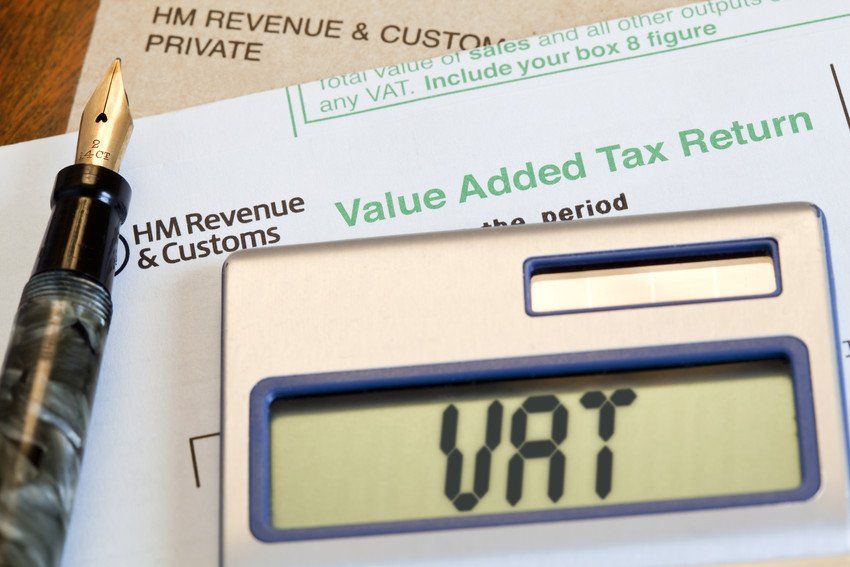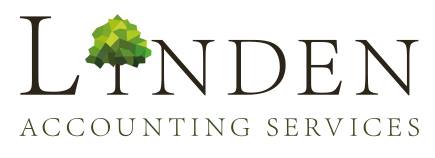VAT De-Registration
- by Robert Eadie
- •
- 08 Oct, 2019
- •

Provided
that a business meets the relevant conditions for VAT de-registration it may
make an application to HMRC to de-register for VAT. This may be as a result of
ceasing to make taxable supplies (a compulsory deregistration) or could be as a
result of it’s taxable supplies falling below the VAT de-registration threshold
(a voluntary de-registration).
Where a business’s taxable supplies fall below the de-registration limit but the business continues to make taxable supplies there is no requirement for it de-register.
There are a number of circumstances in which a business may need to consider a compulsory VAT de-registration these include:
· Where there is a change in the legal entity carrying on the business.
· Where someone takes over your business.
· When a business creates or joins or leaves a VAT group.
· A business joins an agricultural flat rate scheme.
Where there is a compulsory VAT deregistration the business must deregister within 30 days and failure to do so can result in a penalty.
You can apply for a voluntary deregistration if any of the following occur:
· You can satisfy to HMRC that your taxable turnover for the next 12 months will not be greater than the deregistration limit.
· If part of your business closes down the turnover generated by the remaining elements of your business will not exceed the VAT registration limit.
· If your turnover exceeds the VAT registration limit but your taxable supplies are mainly or wholly or mainly zero rated. If you make any standard rated supplies you can only deregister if input tax normally exceeds your output tax.
If you are making an application for a voluntary deregistration you will need to inform HMRC of the date on which you intend to deregister which can be
· the date that HMRC receive your registration or
· a later date you agree with HMRC
An application to de-register cannot be backdated and it is important that you should continue accounting for VAT until you receive confirmation of your deregistration date.
You can make an application to deregister either online of using a form VAT 7 application to cancel your VAT registration.
Please note that you may have to account for VAT on stock and assets that are held at the date of registration known as a deemed supply.
· This would include an interest in land where you make an option to tax.
· Tangible goods such as stock, plant & machinery, commercial vehicles, computers against which you have claimed VAT input tax when you bought them.
· Goods which you acquired VAT free as part of a transfer of a business as a going concern.
Please that you do not need to account for VAT if the total VAT due on the goods would be £1,000 or less or have a net value of £5,000 (gross value £6,000). Goods should be valued at their current market value or at the price it would cost to produce them when the VAT registration is cancelled.
You do not have to account for VAT on any of the following:
· Goods that were bought from and a business not registered for VAT or a private individual.
· Cars (except private taxis, self drive hire cars or driving school cars against which input tax was claimed on purchase).
· Goods acquired under a VAT margin scheme.
· Goods used wholly for entertainment.
· Goods attributed or used for a VAT exempt activity unless the partial exemption applied.
· Land or buildings which were acquired VAT free on which there has been no option to tax.
· Goods not acquired for business purposes.
You must advise HMRC of any change affecting your registration for VAT, including deregistration, within 30 day of the change or risk incurring a penalty.
Special rules and exceptions apply to businesses which use VAT schemes, agents, changes of ownership, VAT groups, non-established taxable persons, distance sales and others which are outside the scope of this article.
Please note that you should always seek professional advice on any aspect your affairs. Tax legislation and rules change over time so it’s important to ensure that the advice you receive is up to date. In addition tax legislation is often complex and requires detailed understanding which it is not possible to describe in a short article which is only intended to provide general information.
For these reasons we cannot accept any liability for the use or misuse of such information without having sought prior advice. Any use that is made of the above details is therefore undertaken entirely at the risk of reader and we cannot accept any claim arising from such use or misuse.





